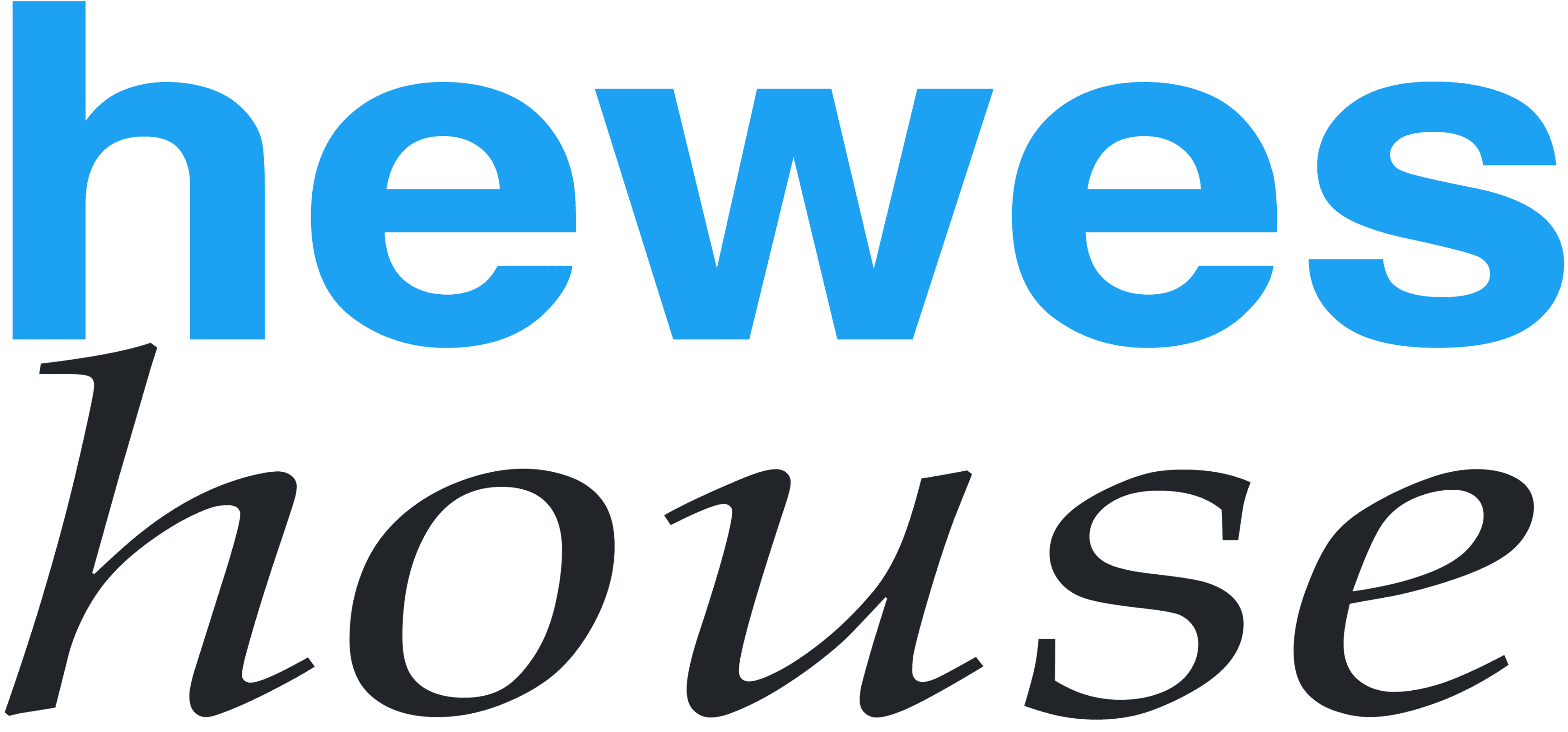Why Your Writing Coach Won't Promise You a Six Figure Book Deal
Sep 17, 2025
Every writer knows that moment when someone asks what you do for a living, and you pause, wondering whether to mention the day job first or lead with "I'm a writer." As a writing coach, I've seen countless talented authors grapple with this tension between creative calling and economic necessity. Whether you're staring at that blinking cursor on page one or wrestling with a manuscript that's been living in your computer's graveyard folder, the reality of creative writing coaching means addressing both craft and career sustainability—and sometimes, the most honest conversation we can have is about money.
The publishing landscape has shifted dramatically, creating new challenges for fiction writers at every level. While we focus on developing your voice and honing your craft, we also need to acknowledge what it actually means to pursue writing in today's economic climate. Whether you have a drawer full of first chapters or you're deep into developmental editing on your third draft, understanding these realities empowers better decisions about your creative future.
The Penny-Per-Word Time Warp
Here's a reality that stops most writers in their tracks: Harlan Ellison, Mickey Spillane, and Robert E. Howard all used to grind out fiction for the pulps for a penny a word, and one writer sold a short story for that same rate last year. Think about that for a moment. The economics of writing fiction haven't just stagnated—they've somehow managed to travel backwards through time.
Some of the most successful authors make something like $40,000 a year if they publish a single book a year. Of course you have your Louise Penny and your Stephen King and these blockbuster authors like Colleen Hoover and Emily Henry who are able to get these deals that get turned into movies, which is where the money really is at. But it's amazing how you could hold the number of writers who make a lot of money writing in one or two hands.
The truth we need to acknowledge is that a tremendous change has happened. People used to make a living—not particularly glamorous, but they used to make a living writing fiction, or they used to make a living writing pulpy novels once a year and publishing short stories in Esquire and The New Yorker and other newspapers and magazines. And that reality simply doesn't exist anymore.
For those pursuing developmental editing or manuscript development, understanding these economics becomes crucial because it shapes how we approach both craft development and career expectations.
When Developmental Editing Meets Economic Reality
If journalists struggling in the world is something that's shocking because these people who are providing an extremely important service are having all of their venues dry up, imagine publishers of art, whether it be literary fiction or genre fiction. All newspapers are in financial trouble right now. Those people aren't having any easier of a time, although they have higher sales numbers when they do break through. It doesn't mean that they're rich.
The margins are too slim. It's too expensive to publish a book now and market a book without getting a substantial return on your investment. At least this is what we're led to believe. The rise of independent presses and academic presses where there are still opportunities to take more risks with literature is becoming less and less so the case with the big five publishers with major publishers because the margins are too slim.
This is why experienced fiction writing mentors consistently advise developing a sustainable writing process that doesn't depend on immediate financial returns from your creative work.
Why Every Creative Writing Coaching Conversation Includes Day Jobs
As usual, you cannot rely on money for this profession. You have to have a day job, primarily because if it affects the quality of your work or your willingness to do the work or your sort of peace of mind in being able to do the work, it's not worth it, really. So I don't know anyone really who doesn't have another job besides writing. And I think that's good.
(Well, except for those lucky writers who've secured what we lovingly call the "spousal fellowship"—that prestigious, unpaid residency program that comes with built-in health insurance and someone who believes in your art enough to pay the rent. Applications are highly competitive, and the selection criteria remain mysterious.)
The writing process itself must accommodate this economic reality, but it also creates space for creative freedom. When you're not dependent on your fiction for survival, you can take the creative risks that lead to meaningful art. You can write the stories that matter to you rather than chasing market trends or trying to second-guess what will sell. No more wrestling with the neverending middle because you're worried it won't be commercial enough.
The day job provides the stability that allows for creative exploration, even if it means writing happens in those precious morning hours before the world demands your attention, or in stolen moments between other responsibilities.
Supporting Your Writing Process Without Depending on It
For writers working with a writing coach or pursuing developmental editing, these economic realities shouldn't discourage your creative writing coaching journey. Instead, they should inform your approach to manuscript development. Whether your characters refuse to cooperate or you're stuck negotiating with a plot that won't resolve, consider developing a sustainable writing process that honors both your artistic goals and financial needs. This might mean treating your fiction as a long-term creative investment rather than an immediate income source, allowing you to take the creative risks that lead to meaningful work.
Understanding these realities helps you make better decisions about where to invest your time and resources. Maybe that means working with a developmental editor to ensure your manuscript is as strong as possible before submission. Maybe it means finding a fiction writing mentor who understands both craft and industry challenges. Maybe it means building a writing practice that sustains you emotionally and creatively, regardless of external validation.
The goal isn't to become rich from writing—though that would be lovely. The goal is to build a creative life that allows you to tell the stories that matter to you, while maintaining the financial stability that makes that creative freedom possible.
Working with writers means having honest conversations about both craft and career sustainability. At Hewes House, we believe in supporting your artistic vision alongside practical realities, helping you develop work that satisfies your creative goals without the pressure of immediate financial returns. Because the best stories come from writers who have the space and stability to take meaningful creative risks.
Ready to write?
Submit a message and we'll arrange a conversation with one of our founders—a chance to talk through what you're hoping to accomplish. From there, we'll connect you with the coach who's right for your project.


Josh Boardman, Founder
Ben Griffin, Founder

